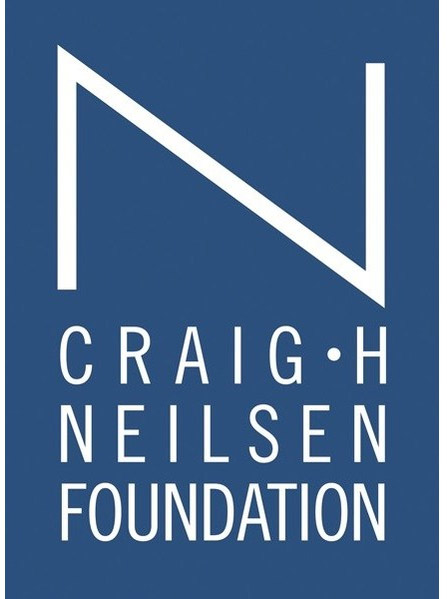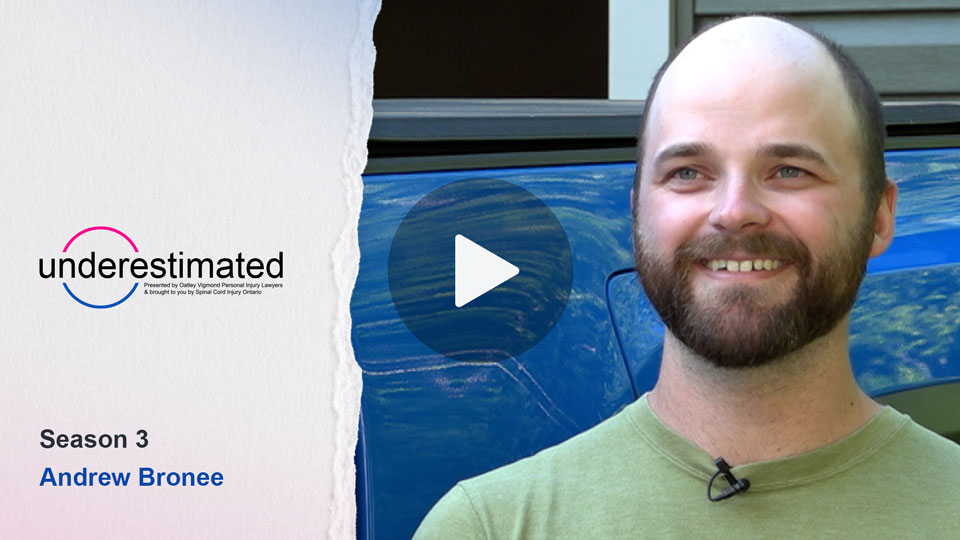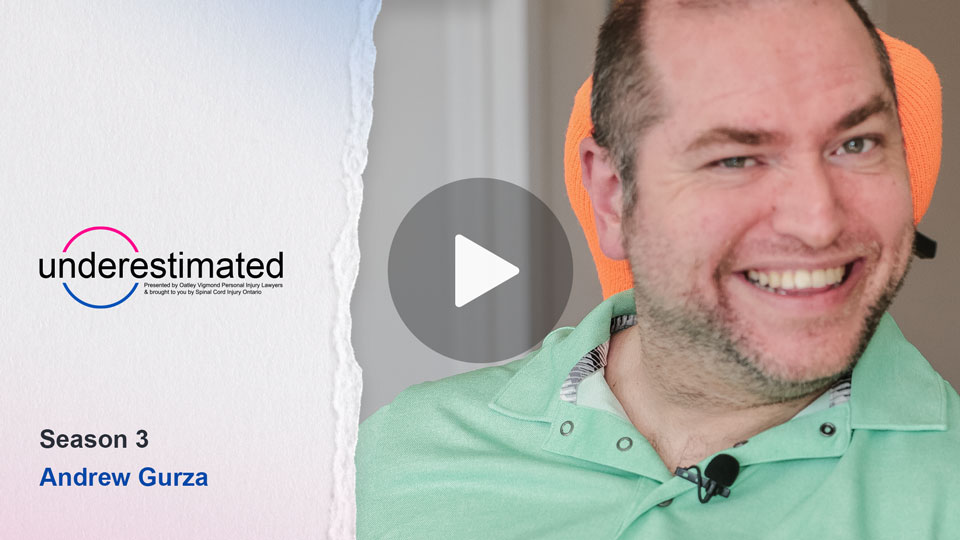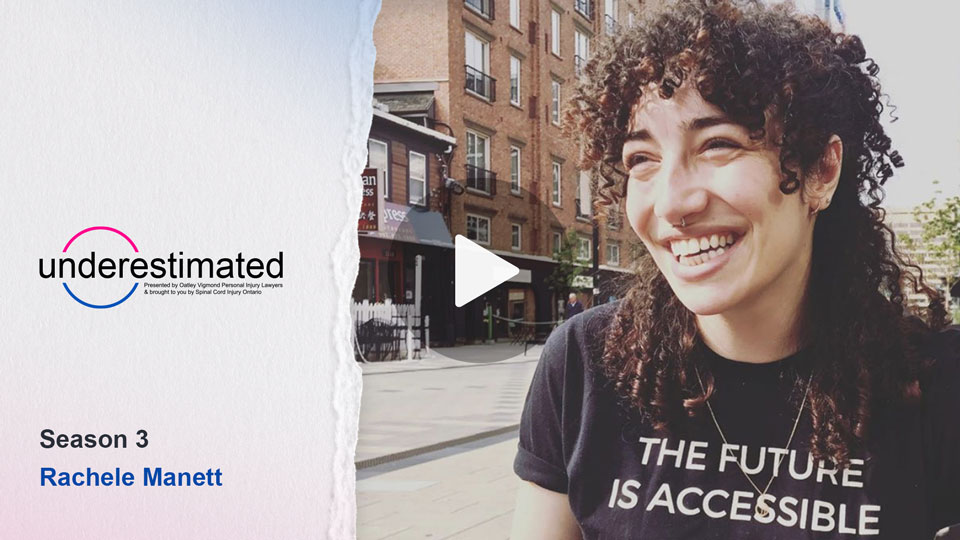Today, we’re talking about bone health, spinal cord injury, and understanding SCI & osteoporosis. Tory talks with Lee Zinkan-McKee, a Registered Nurse with the South Georgian Bay Healthy Aging Program, about programs and support available to promote bone health for people with reduced mobility. This video is part of a project funded by a grant from the Craig H. Neilsen Foundation to Spinal Cord Injury Ontario.
Osteoporosis is a disease that can increase the risk of fractures due to low bone mass and deterioration of bone tissue. One of the challenges for people with Spinal Cord Injury (SCI) is that they may not feel the pain of a broken bone due to reduced sensation. The first indication of osteoporosis is often a broken bone. To manage osteoporosis, it is essential to consult with a physician or healthcare professional with experience in this area to help find the right approach.
People with spinal cord injuries who also have osteoporosis face a unique set of challenges that can significantly impact their daily lives. Osteoporosis, a condition characterized by weak and brittle bones, can be particularly problematic for individuals with spinal cord injuries due to the loss of mobility and sensation. The lack of weight-bearing activities and reduced muscle function often experienced by people with spinal cord injuries can further exacerbate the risk of bone loss and fractures associated with osteoporosis. Managing the coexistence of these two conditions requires a comprehensive approach that addresses both the physical and psychological aspects of the individual’s health.
One of the primary challenges faced by individuals with spinal cord injuries and osteoporosis is the increased susceptibility to fractures. The bones of those with osteoporosis are already fragile, and the diminished muscle mass and sensation resulting from a spinal cord injury can further compromise bone strength. Fractures, particularly in weight-bearing areas such as the hips or spine, can lead to severe pain, decreased mobility, and potentially further complications.
Furthermore, the limited ability to move or reposition oneself independently can contribute to prolonged periods of immobility, increasing the risk of pressure ulcers and additional bone loss. The management of spinal cord injuries and osteoporosis requires a multidisciplinary approach involving healthcare professionals, rehabilitation specialists, and assistive devices to minimize the risk of fractures and maximize overall quality of life.
For more information about the South Georgian Bay Healthy Aging Program, please visit: https://gbfht.ca/
To learn about North Simcoe Muskoka Specialized Geriatric Services, please visit: https://www.nsmsgs.ca/
For detailed information about physical activity, healthy eating, and fall prevention for older adults, please visit Osteoporosis Canada at: https://osteoporosis.ca/
Or the Arthritis Society at: https://arthritis.ca/
Spinal Cord Injury Ontario, also known as SCIO, is a non-profit organization dedicated to supporting individuals with spinal cord injuries (SCI) and their families in the province of Ontario, Canada. The organization provides a wide range of services and programs to enhance the quality of life for those living with SCI and to promote inclusivity and accessibility within the community. Spinal Cord Injury Ontario offers peer support programs, where individuals with SCI can connect with others who have had similar experiences, share knowledge, and provide emotional support.
They also provide information and resources on topics such as healthcare, rehabilitation, accessibility, and advocacy to empower individuals with SCI to make informed decisions about their lives. Additionally, SCIO is actively engaged in raising awareness about SCI and advocating for the rights and needs of individuals with spinal cord injuries, aiming to create a more inclusive and accessible society for all.
If you enjoyed this video about bone health, spinal cord injury, and understanding sci & osteoporosis, please remember to like, share, subscribe, and leave a comment if you have any questions or suggestions. We hope to see you here again soon!




